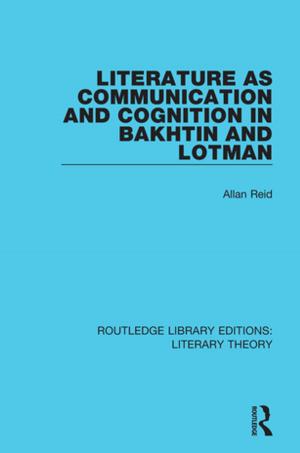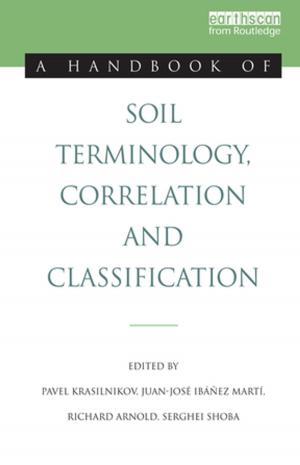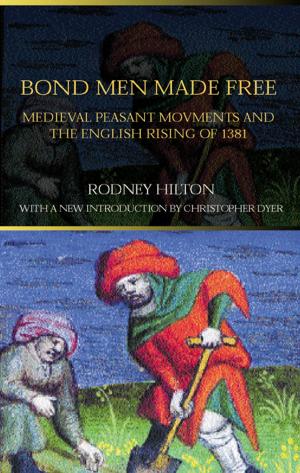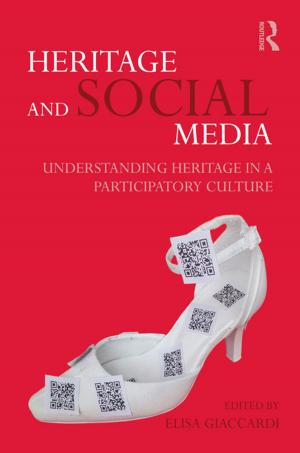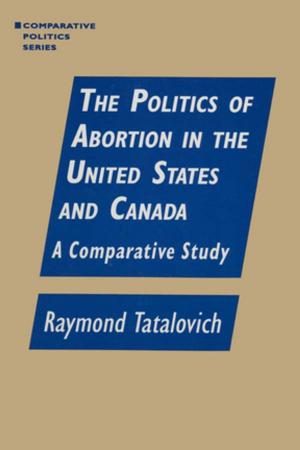| Author: | Paul Crittenden | ISBN: | 9781351749299 |
| Publisher: | Taylor and Francis | Publication: | November 22, 2017 |
| Imprint: | Routledge | Language: | English |
| Author: | Paul Crittenden |
| ISBN: | 9781351749299 |
| Publisher: | Taylor and Francis |
| Publication: | November 22, 2017 |
| Imprint: | Routledge |
| Language: | English |
This title was first published in 2002: Culture and Enlightenment are the two words that best characterise the essence of György Markus's career, in whose honour this book is published. Markus devoted the last twenty years of research towards a theory of cultural objectivations and their pragmatics, and the great depth of his knowledge of the history of culture and philosophy informs all his teaching and writing. The pursuit of Enlightenment ideals attains reflective self-consciousness in Markus' works; forged in the knowledge of its own historicity, of the embeddedness of rationalities in culture and in an awareness of the paradoxes that cling to the conscious affirmation of ideals which are no longer self evident or beyond questioning. In taking up the challenge of these paradoxes, Markus spans the whole history of modern philosophy and culture with a matchless authority. This book draws together contributions from leading figures in contemporary philosophy, who are also friends, colleagues and former students of György Markus. The book is divided into two sections: the first presents critical assessments of various aspects of Markus' wide-ranging works; the second presents contributions in celebration of his influence and his wide interests. In their critical assessment of Markus' work and in the demonstration of his influence, the contributors hope to convey something of the breadth and something of the excitement of doing philosophy in the company of György Markus.
This title was first published in 2002: Culture and Enlightenment are the two words that best characterise the essence of György Markus's career, in whose honour this book is published. Markus devoted the last twenty years of research towards a theory of cultural objectivations and their pragmatics, and the great depth of his knowledge of the history of culture and philosophy informs all his teaching and writing. The pursuit of Enlightenment ideals attains reflective self-consciousness in Markus' works; forged in the knowledge of its own historicity, of the embeddedness of rationalities in culture and in an awareness of the paradoxes that cling to the conscious affirmation of ideals which are no longer self evident or beyond questioning. In taking up the challenge of these paradoxes, Markus spans the whole history of modern philosophy and culture with a matchless authority. This book draws together contributions from leading figures in contemporary philosophy, who are also friends, colleagues and former students of György Markus. The book is divided into two sections: the first presents critical assessments of various aspects of Markus' wide-ranging works; the second presents contributions in celebration of his influence and his wide interests. In their critical assessment of Markus' work and in the demonstration of his influence, the contributors hope to convey something of the breadth and something of the excitement of doing philosophy in the company of György Markus.

